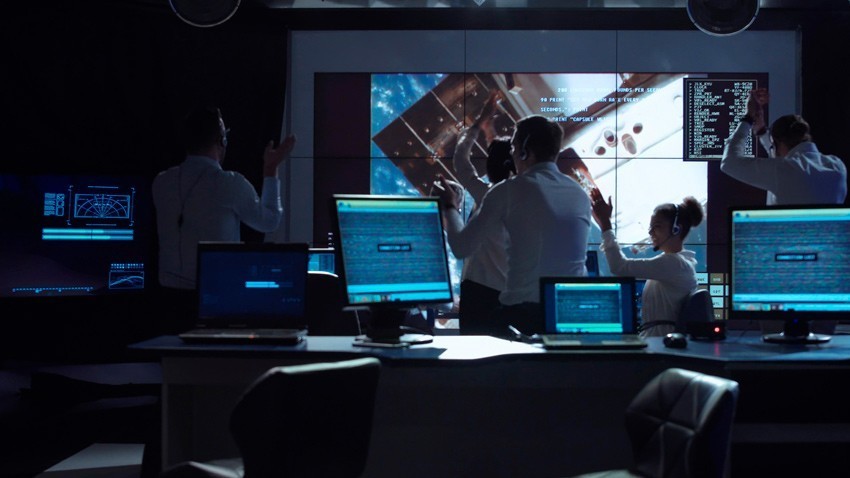Emerging technologies are rapidly replacing many of the jobs that were in high demand just a few years ago. In our whitepaper, Future proofing your Organization, we explored some of the trends taking place and provided guidance for Human Resource professionals and Learning & Development leaders on the core skills projected to be in high demand– critical thinking, problem solving and decision making.
These skills are congruent with the findings from the 2018 World Economic Forum (WEF) Future of Jobs Report that summarizes input from business and HR leaders on the forecasted hiring needs of companies around the world. Looking ahead to reskilling and upskilling needs through 2022, the report notes that “human skills such as creativity, originality and initiative, critical thinking, persuasion and negotiation will retain or increase their value, as will attention to detail, resilience, flexibility and complex problem-solving”.
Kepner-Tregoe is actively working with companies to help prepare employees for the jobs of the future by developing critical-thinking skills, particularly complex problem solving. As a part of that work, we identified a piece of the skills puzzle that the WEF study did not cover. Simply possessing the skills for critical-thinking, problem-solving and decision-making isn’t enough. For both organizations and their employees to realize value from these skills, employees need to use them.
From competence to skill mastery
While this may seem obvious, it is shocking to see how many companies invest in training programs for their employees and then fail to provide them with opportunities to integrate their new-found skills into their daily jobs. It is through practice, refinement, experience and continuous improvement that employees move from basic competence to skill mastery where the value potential is unleashed.
For the new skills to “stick”, the employee needs to translate them into the context of their work environment and apply them in real business scenarios.
Simulation as a training tool
One of the most successful tools for bridging the gap between classroom learning and the business environment is simulation. This hands-on training tool takes teams of employees and provides them a realistic business “problem” to solve. This allows the critical-thinking, problem-solving and decision-making skills to be framed into the context of the company’s operations.
Learners explore the interpersonal dynamics and nuances of applying their new capabilities in a safe and controlled environment that doesn’t put business operations at risk. Simulation also provides extended coaching opportunities, mid-point debriefs and a chance to “hit rewind” to explore alternative approaches.
Embedding skills into the work environment
Every training program comes to an end, right? Well, maybe not. Expectations need to be set for when and how to use new skills back on the job, and employees need to be supported and encouraged in using them. The most successful organizations look at training as a process that supports on-the-job application of new skills in an agile learning environment. According to the 2018 WEF Report, by 2022, over half of all employees will require significant re- and upskilling. Optimizing this investment must include a proactive approach to future-proofing employee skills and the integration and support of new skills on the job. Training courses are just the beginning of the learning and skill-mastery journey.
Read how to Future proof your organization
Kepner-Tregoe helps HR and L&D leaders build the workforce of the future through a unique combination of training and consulting services. For over 60 years, Kepner-Tregoe has empowered thousands of companies to solve millions of problems and dramatically improve the way works gets done.
We’ve been helping organizations to embed great new skills in their organization for over 60 years. We’d love to do this for your company.








